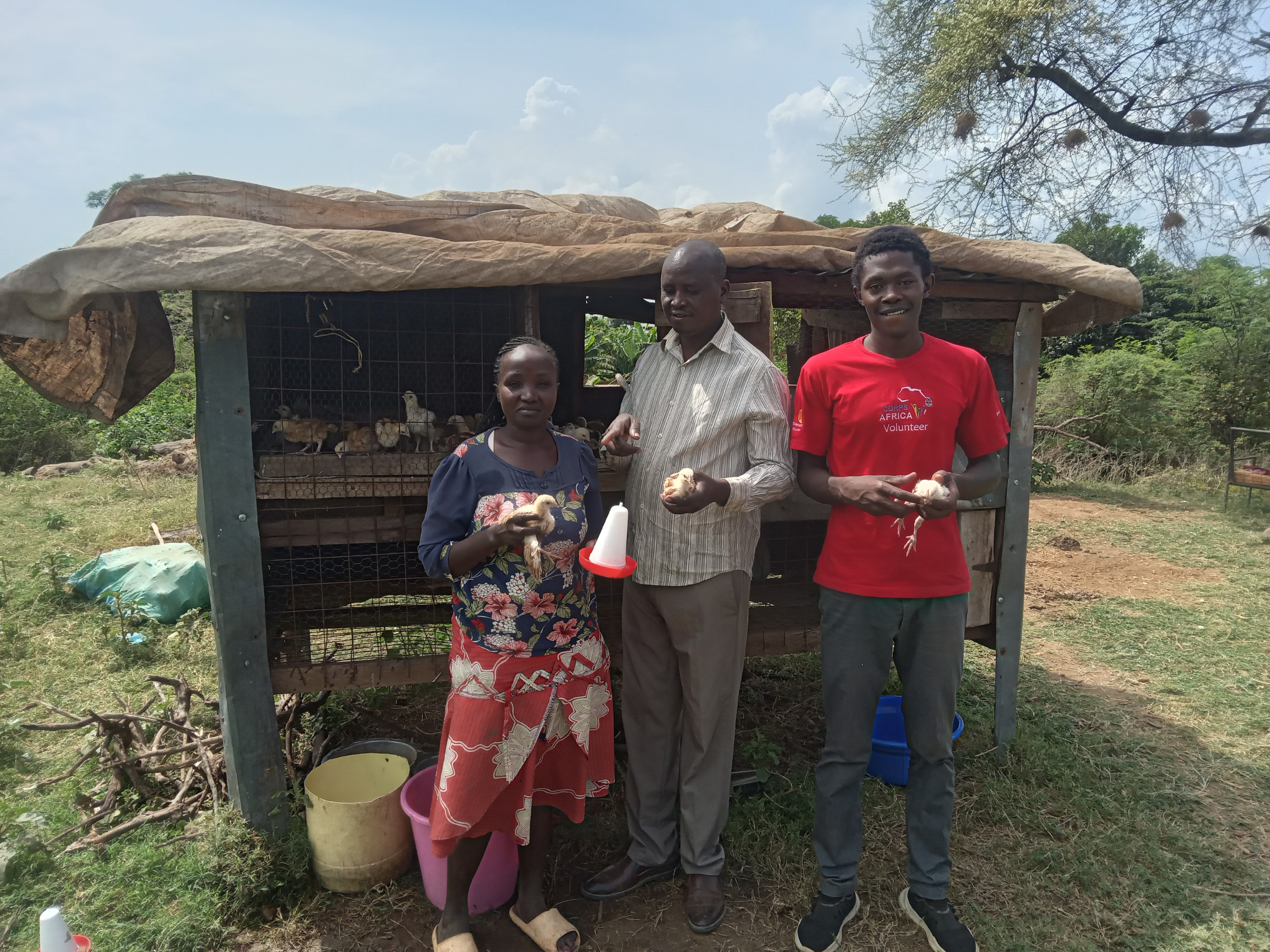Not a single day had I ever imagined being called Mwalimu. Perhaps it’s because of the roles I’ve played in my community so far, but I love and feel proud of the title.
It’s a humbling experience that makes me wonder if schoolteachers feel the same way about the honor. In moments of reflection, I find myself asking questions about the first two months I’ve spent here. Was I moving too quickly with the community? Were they still just trying to figure out my intentions? What sparked the sudden shift in mindset?
With time, I realized something important: my community places great trust in the local administration, and without their approval, even the best efforts can face significant hurdles. At one point, the challenges seemed overwhelming, and I even considered giving up. But now, looking back, I see that progress is being made, and it fills me with pride. I can’t help but smile at how far we’ve come.
Throughout this journey, I’ve learned so much from the people around me. This community is incredibly skilled in agriculture. I stand to be corrected, but I truly believe this region is the food basket of our country. Despite the harsh, dry, and hot climate, this community grows all kinds of crops, thanks to an efficient irrigation system and modern farming techniques. The knowledge and innovation they have in agriculture are remarkable. I make sure to visit the farms regularly to learn new concepts, hoping that I can apply some of them when I return to my roots.
The livestock here is another aspect that has fascinated me. I had never seen anything quite like it. The tradition of marking livestock by cutting their ears for identification was new to me. The elder I stayed with during my first month explained that each family has its unique design. But what struck me most is how the community views livestock. Although each animal is identified with a particular family, they belong to the entire community. They are free to roam and even sleep in different homesteads. If a family has more milk than they can use, they share it with those who have no livestock at all. I was once told it’s almost a crime to drink black tea here unless you have a medical condition, as milk is considered an essential part of daily life.
One of the scariest tasks I’ve faced here was the community asset mapping activity. Just the word mapping sounded stressful, and I was unsure how the community would respond. In my first months, I feared they might not show up, and I found myself questioning where the blame would fall if they didn’t. Would it be on me as the Volunteer, or would it be the community’s responsibility? These questions weighed on me for a while.
To my surprise, when the day came, the community not only showed up but participated actively, making the entire process go smoothly. It was a pleasant contradiction to my initial expectations. This was the first time my community didn’t let me down, and it was a moment of pure relief and joy.
As I look ahead, however, I still feel a sense of nervousness about what’s to come after the community mapping exercise. What will the response be as we move forward with the next phase? I know it won’t be easy nothing worth doing ever is but I feel prepared to face whatever challenges come my way. The journey may not always be smooth, but I am committed to seeing it through.

